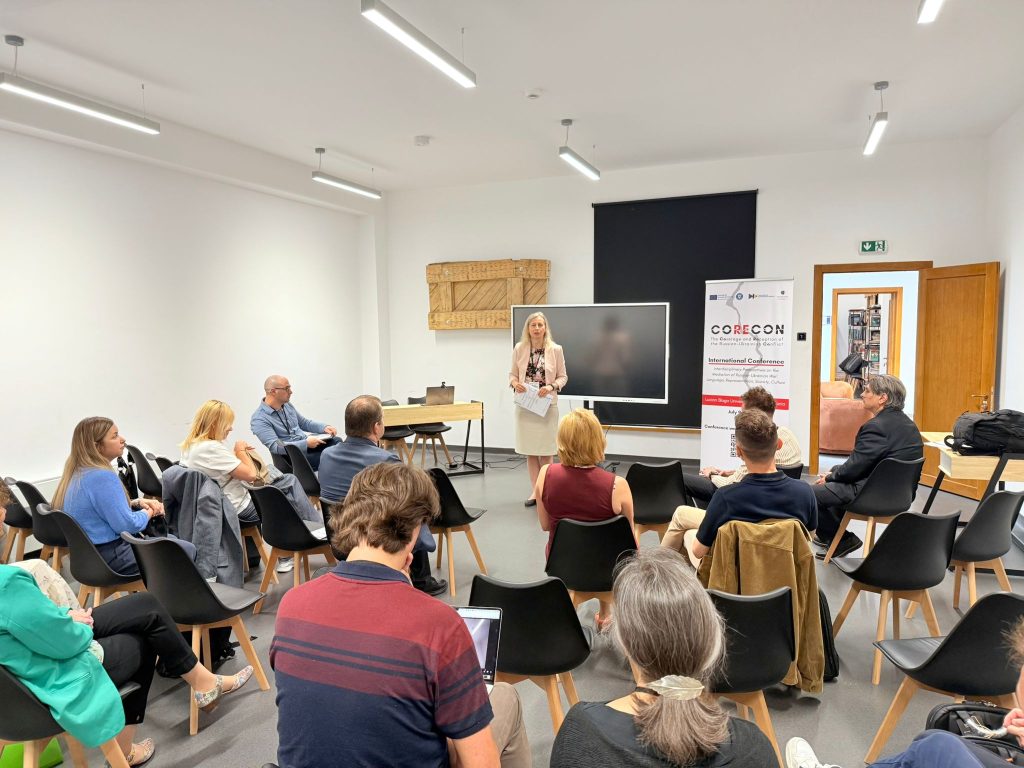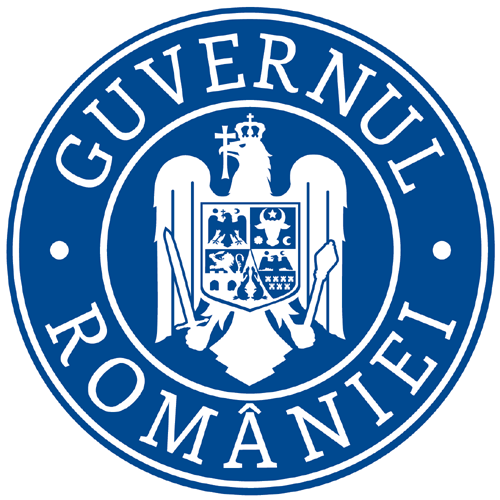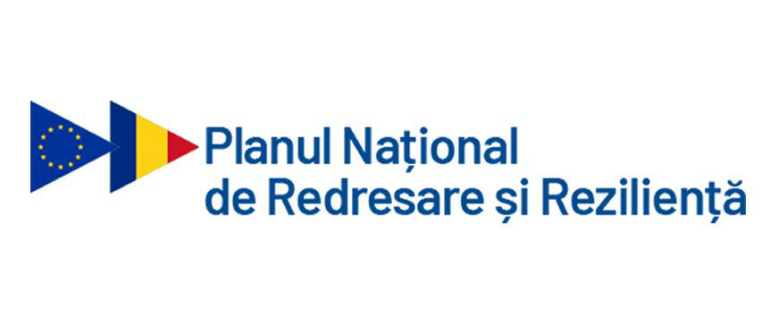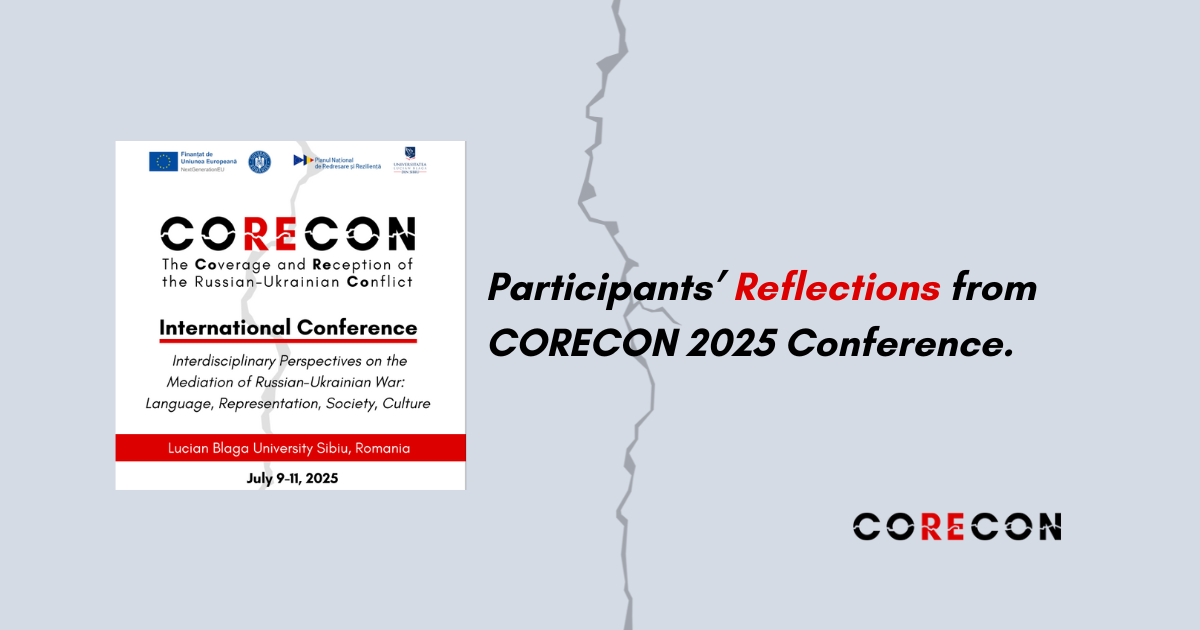The CORECON 2025 conference in Sibiu, Romania (July 9–11) brought together scholars from across Europe and beyond in order to reflect on how language, media, and culture mediate the Russian-Ukrainian war (more on the details of the conference concept, keynotes, presentations and participants here) This post offers a complementary perspective: a collective narrative built from participants’ reflections. Their impressions reveal how the conference, apart from being an academic forum, was a space where solidarity, interdisciplinarity, and intellectual exchange could thrive.
Scholarship as solidarity
For many participants, CORECON was not only a forum for presenting research but also an act of recognition and support for Ukraine in a time of crisis.
Keynote speaker Valentyna Ushchyna (Lesya Ukrainka Volyn National University, Ukraine) captured this, weaving together the personal and the academic:
I was honored to be a keynote speaker… deeply moved that this whole academic event was devoted to the terrible events happening in my country due to the Russian invasion. Sibiu was a complete surprise and an inspiration – a proof that life is beautiful and short, and we should travel, discover, and share our knowledge.
Her sense of gratitude was echoed by other participants, who also emphasized the symbolic weight of gathering in solidarity with Ukraine. Konstantina Oikonomou and Chris Mantas (University of the Peloponnese, Greece) reflected on their contribution about the North Azov Greek communities of Mariupol and Donetsk, framing it as scholarship and ethical testimony:
Participating in this conference was not only a valuable opportunity to share our research, but also an act of solidarity with Ukraine’s struggle and a tribute to the victims of this war.
This call to acknowledge lived realities was further emphasized by Svitlana Shurma (Tomas Bata University, Czech Republic), who reminded of the importance of Ukrainian voices in shaping these debates:
All too often, discourse about Ukraine occurs without an understanding of the local context… I was heartened to see Ukrainian voices included in the discussions. (…) To echo my colleague, Prof. Ushchyna: while the world talks about us, Ukrainians, we find hope in knowing we are not alone in this existential struggle.
Together, these voices underline how an academic activity such as CORECON conference, can be used to affirm resilience and shared responsibility.
Interdisciplinarity and Exchange
Another theme running strongly through the reflections was the value of interdisciplinarity. Participants repeatedly highlighted how much they gained from engaging with colleagues outside their own fields. Bogdan Vătavu (Lucian Blaga University of Sibiu, Romania) expressed this most directly:
It was a thought-provoking conference, with impressive keynote speakers, good presentations, very interdisciplinary and an overall relaxed atmosphere.
Others expanded on how this openness translated into practical benefits. Isabela-Anda Dragomir (Lucian Blaga University & Nicolae Balcescu Land Forces Academy, Romania) recalled how plenary sessions connected her field with others:
One of my key takeaways was the importance of interdisciplinary approaches. Attending plenary sessions that linked my field with other domains opened up new ideas for my work.
Iulia Ticărău (Lucian Blaga University, Romania) likewise stressed that:
The variety of approaches and methodologies created opportunities for future collaborations.
The workshops reinforced this dynamic. As Svitlana Shurma noted, the pre-conference sessions on corpus methods and AI tools “offered interesting insights” and opened up new ways of thinking about discourse analysis.
Adding perspective as the research director of the CORECON project, Katarzyna Molek-Kozakowska reflected on the goals behind the conference and how they were met:
I initially felt pressure to make sure that the conference offers the participants an opportunity to actually engage in debate across disciplines rather than just to ‘present’ their recent research. In the end I have a feeling that the conference was indeed successful in providing a venue to venture beyond one’s established topical and methodological field, but at the same time to still stay on the common ground of studying the Russian-Ukrainian war.
She also highlighted the intellectual breadth of the program, noting how “the cognitive dimensions of conflict representations through Prof. Alin Coman’s lecture” and the reminders of “the viciousness of war propagandas and disinformation campaigns” presented by Prof. Ushchyna and Dr. Constantin Spinu were particularly valuable (more on these scholarly insights can be found on CORECON blog.) Moreover, she indicated the high level of organization:
During the stay, I particularly appreciated the accommodating attitude and the attention to detail that the organizers on the ground – in Lucian Blaga University of Sibiu, Faculty of Letters and Arts – showed every step of the way – first preparing and then managing the event. Thank you for all that effort!
A Sense of Community
Beyond the intellectual exchange, CORECON was also remembered as a space of inclusive community. Bogdan Vătavu reflected warmly on reconnecting with colleagues:
It was really great to get back together with all the colleagues in the team and discuss our research or just have friendly chats.
For Loredana-Marcela Trancă and David Lungu (West University of Timișoara, Romania), the sense of community was inseparable from the smooth organization:
The event was insightful, well-coordinated, and a valuable opportunity for learning. We look forward to participating in future editions.
Early-career researchers also felt this atmosphere keenly. Andrii Yaroshchuk (Pompeu Fabra University, Spain) described his first CORECON experience as both professionally formative and personally memorable:
Perhaps the most valuable takeaway was the pool of useful contacts I was able to establish… The final day of the conference felt a bit like the last day of summer camp, parting ways with new friends made along the way.
That sense of openness was also emphasized by Konstantina Oikonomou and Chris Mantas, who noted the “collegiality and inclusive spirit” that permeated the event; and Svitlana Shurma indicated that:
The conference had a warm and intellectually engaging atmosphere, and the quality of the presentations was outstanding.
Robert Radziej (University of Opole, Poland) added his own perspective on the atmosphere:
What impressed me most was the richness of voices gathered in Sibiu. The diversity of approaches and the willingness of participants to listen and learn from one another made the conference both intellectually rewarding and personally meaningful.

New Perspectives and Future Directions
The participants also looked forward, identifying ways in which CORECON could continue to expand its impact. For Svitlana Shurma, the conference highlighted methodological innovations and the need for broader dissemination:
I gained exposure to new approaches and tools in discourse analysis and related fields. (…) I was introduced to new tools and methods of analysis, particularly those related to AI, which I found very inspiring… I would strongly encourage popular science communication formats—videos, podcasts, local media appearances—that could significantly increase the reach and impact of the results.
Isabela-Anda Dragomir similarly emphasized how constructive feedback and exposure to new approaches broadened her perspective and “sparked new ideas for future collaborative projects.” Such reflections suggest that CORECON 2025 was not only an endpoint but also a launching pad for new collaborations, methodologies, and public-facing initiatives.
Concluding Reflections
The reflections collected here show that CORECON 2025 created a platform for research dialogue and mutual support. Participants highlighted the value of learning from different disciplines, meeting colleagues, and discuss issues that remain urgent in today’s world.
The conference ended with a clear sense of momentum. Ideas exchanged in Sibiu are likely to grow into future collaborations, projects, and new meetings, continuing the work that began here.
Text edited by Robert Radziej





